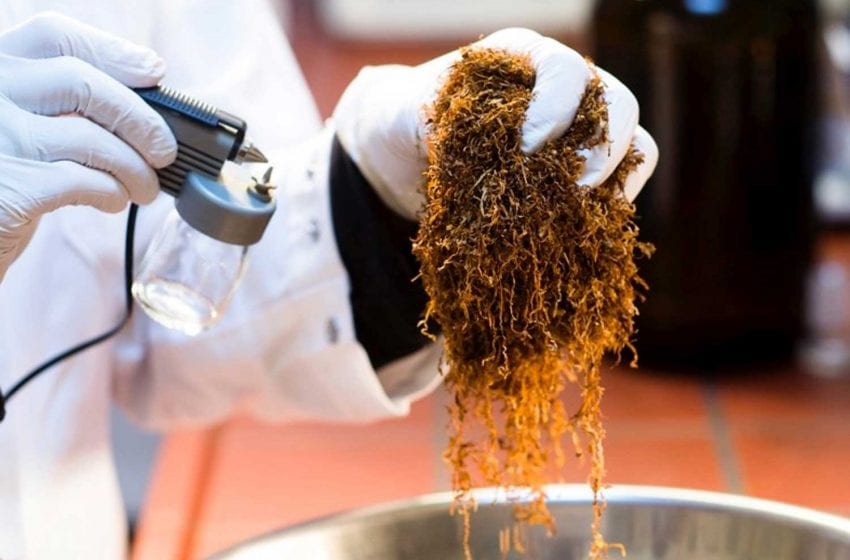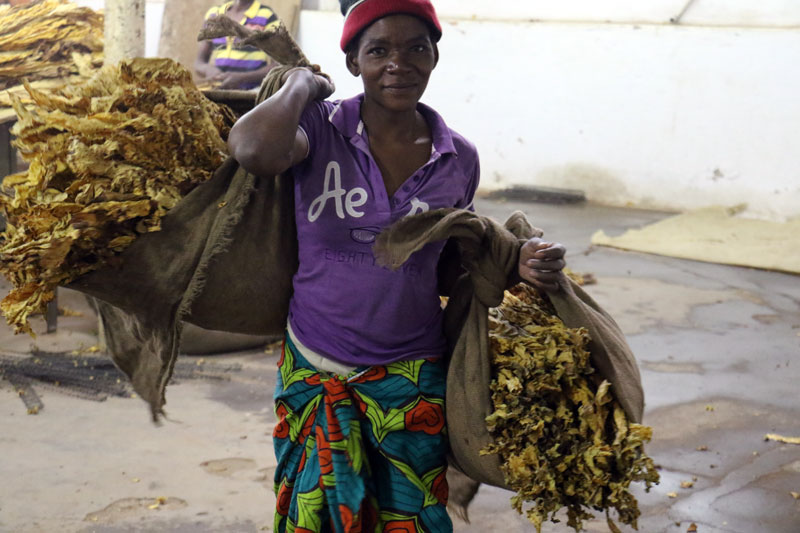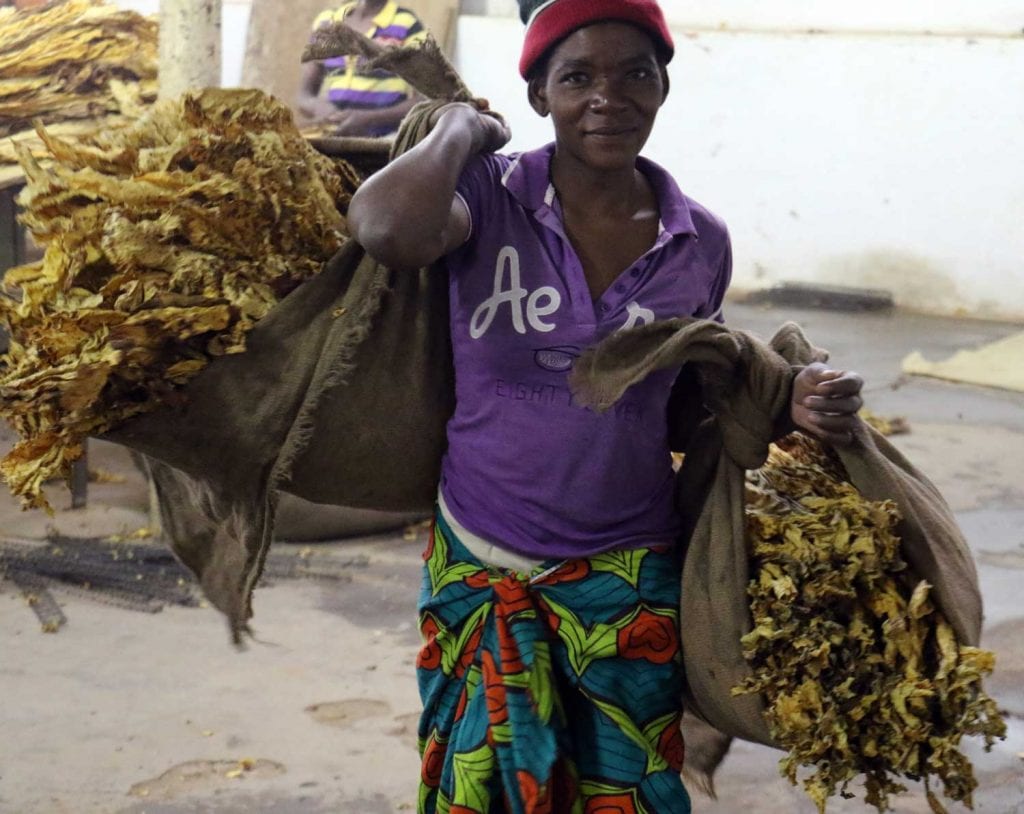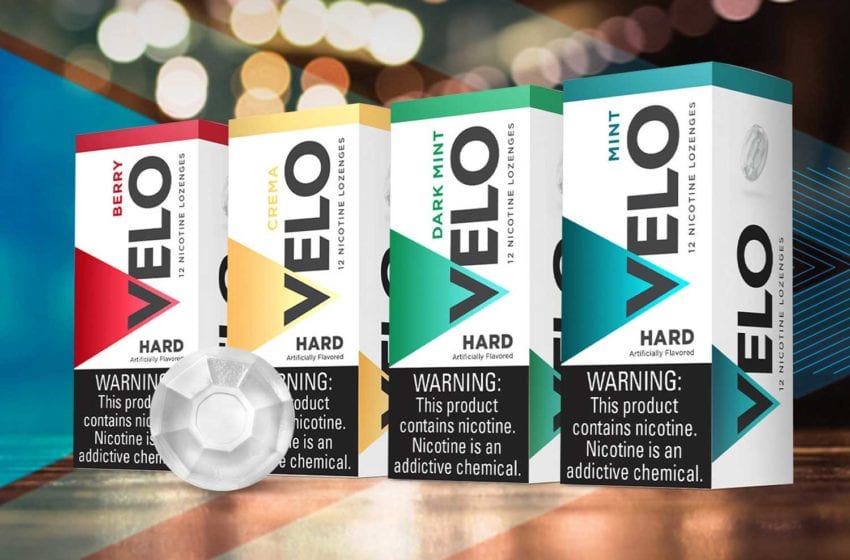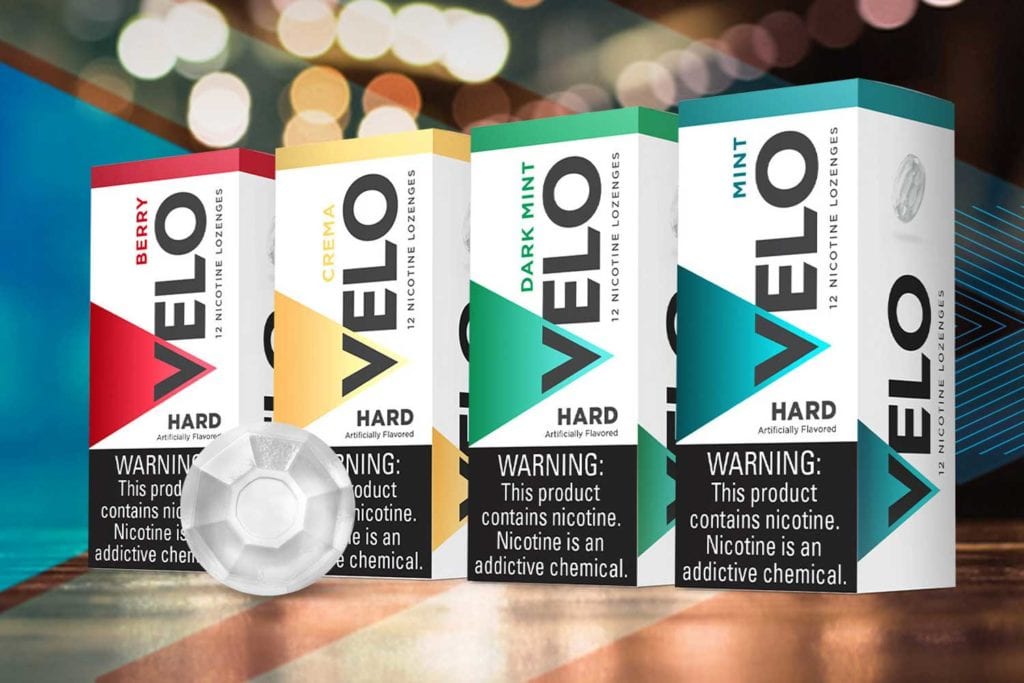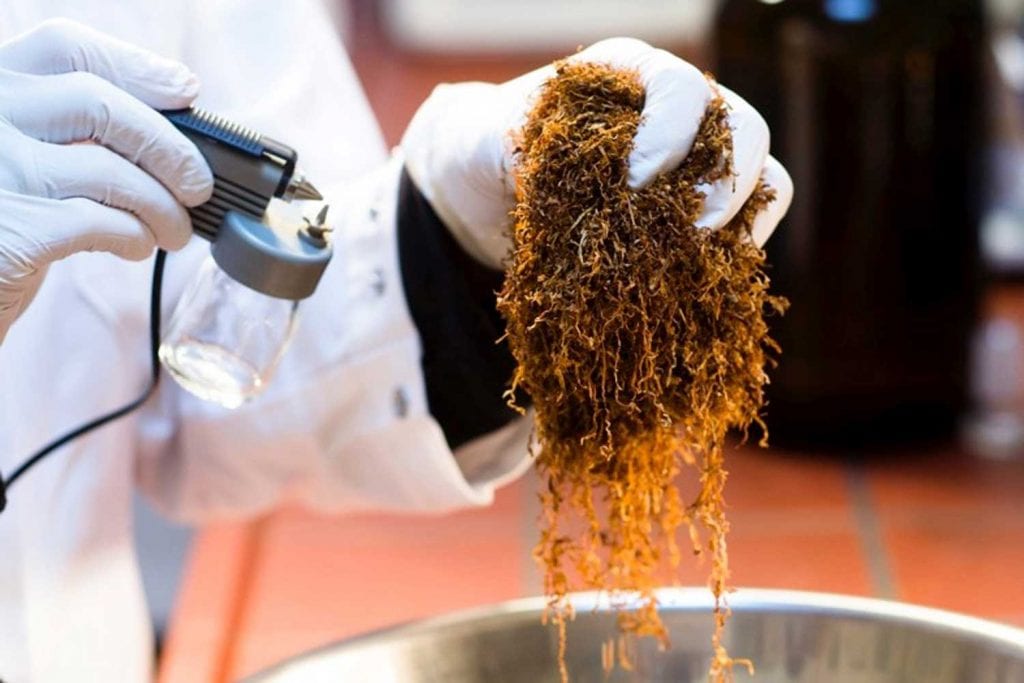
The California Assembly has approved a ban on the retail sale of flavored tobacco products, including flavored e-cigarettes, flavored cigars and menthol cigarettes, in the state, reports The Los Angeles Times. The legislation does not make it illegal for someone to purchase, possess or use flavored products.
The bill’s author, state Senator Jerry Hill, said his measure seeks to address an increase in tobacco use by young people. A 2018 study by the U.S. Centers for Disease Control and Prevention found that 67 percent of high school students and 49 percent of middle school students who used tobacco products in the prior 30 days reported using a flavored tobacco product during that time, Hill noted.
In California, more than 85 percent of youth who use e-cigarettes use flavored products, and more than 85 percent of youth who use little cigars use flavored cigars, according to the Campaign for Tobacco-Free Kids (CFTFK). California is home to more than 10 percent of the U.S. population.
More than half of U.S. youth smokers—including seven out of 10 black youth smokers—smoke menthol cigarettes as do 85 percent of all black smokers.
Supporters of the legislation blasted an advertising campaign from tobacco companies that claims the bill discriminates against black and Latino smokers, saying that the ads disingenuously portray the industry as an ally of communities of color.
Advocates for the bill responded with another ad that argues flavored tobacco products have been heavily marketed to communities of color and pose disproportionate health risks to black residents.
The state Senate, which overwhelmingly passed similar legislation in June, is expected to approve this version soon. California Governor Gavin Newsom has also expressed support for ending the sale of flavored tobacco products.
If he signs the bill into law, California will become the second U.S. state to ban the sale of flavored tobacco. Massachusetts banned flavored tobacco products on June 1.

